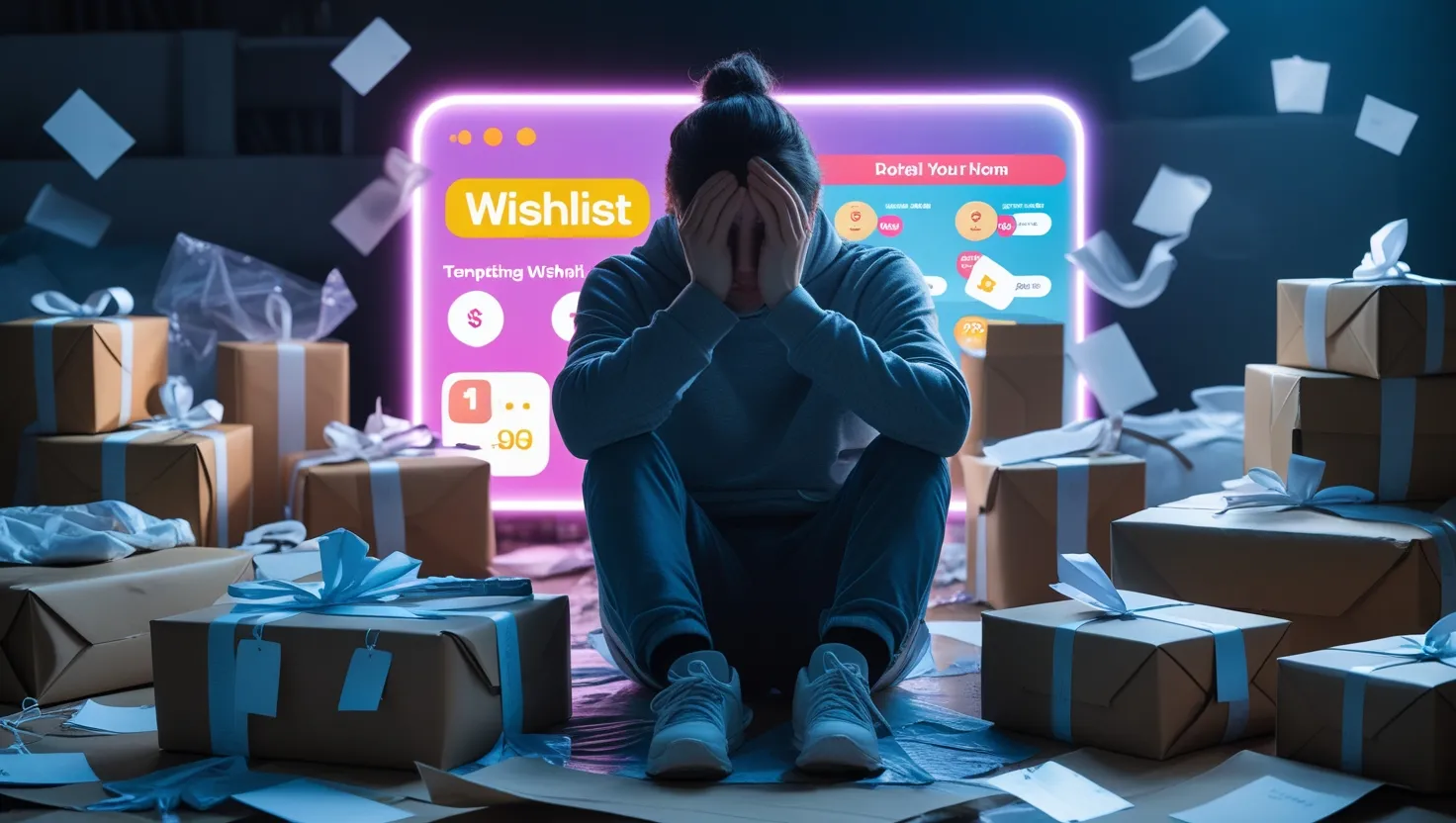
Have you ever bought something online just because it looked
amazing at the moment — only to forget about it a week later? You’re not alone.
Studies show that over 80% of impulse purchases lead to buyer’s remorse.
That’s right — most things we buy on a whim end up as clutter, unused or
returned.
So why does this happen? Why do we click “Add to Cart” so
quickly, and how can we stop buying things we don’t need? Let’s explore the
truth behind impulse shopping and how to break the cycle before your wishlist
turns into waste.
An impulse purchase is when you buy something suddenly,
without planning or thinking it through. It could be a trendy gadget, a dress
you saw in a Facebook ad, or a discounted item during a flash sale.
These purchases often feel exciting in the moment. You feel
like you’re treating yourself, finding a bargain, or trying something new. But
that excitement usually fades fast — and regret often follows.
Marketers are experts at triggering your emotions.
They use words like “limited-time offer,” “only 2 left,” and “flash deal” to
push you into buying quickly. These tactics create urgency and FOMO
(Fear of Missing Out).
Your brain reacts with an emotional decision, not a logical
one. You think, “This looks perfect for me!” without asking, “Will I use it?”
There are a few key reasons why so many of these purchases
end in regret:
Over time, these small regrets add up financially and
mentally. You not only waste money but also space and peace of mind.
Here are some tips that can help you stop making emotional
purchases:
1.
Make a 24-Hour Rule
Wait one day before buying anything that wasn’t planned. If you
still want it tomorrow, it’s worth thinking about.
2.
Create a Monthly Budget
Know how much you can spend on non-essentials. Once that limit’s
reached, no more buying.
3.
Delete Shopping Apps from
Your Phone
Out of sight, out of mind. This reduces temptation.
4.
Avoid Browsing Without
Purpose
Don’t scroll through stores when you’re bored. That’s when most
impulse buying happens.
5.
Ask: Do I need this?
Be honest with yourself. Would you still want this item if it
weren’t on sale?
Impulse buying feels good in the moment, but the regret
often lasts much longer. By being more mindful and planning your purchases,
you’ll not only save money but also make smarter choices that bring long-term
satisfaction.
Want more tips on smart shopping and access to the latest
verified coupon codes? Head over to BlogyReviews.com for fresh deals, honest reviews, and smart
savings every day.